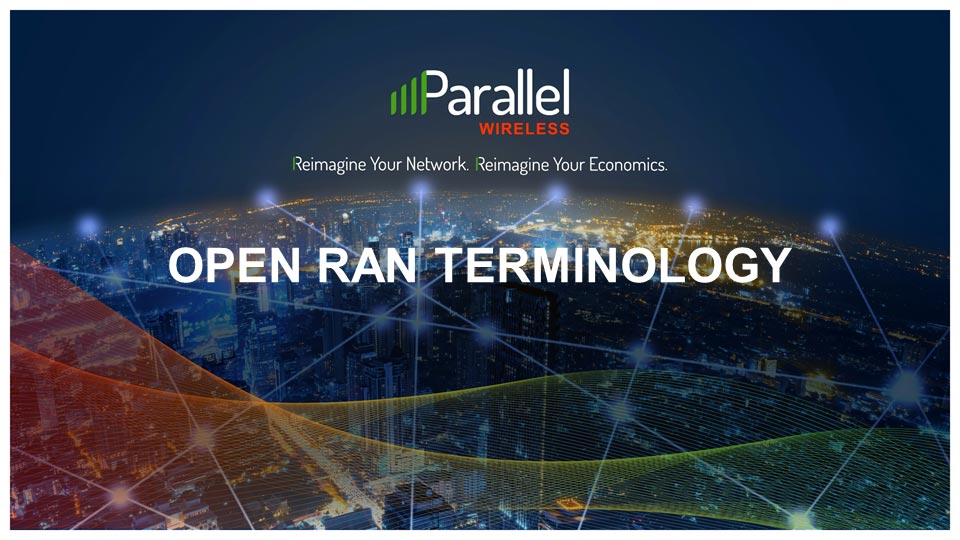Open RAN Terminology – Understanding the Difference Between Open RAN, OpenRAN, ORAN, and More
By Michelle Shelton
When people talk about Open RAN, you hear “Open” and “RAN,” but when they write about it, you may see it in a variety of ways. You may also often see different hashtags used on social media, such as #oran and #OpenRAN. This can be very confusing when it comes to understanding which terms to use and when. This blog post and corresponding video are our attempt to simplify this terminology.

A quick note before we dive in – Open RAN applies to all generations, or ALL Gs – that is, 2G, 3G, 4G and 5G.
We’ll start with “Open RAN.” Open RAN is the movement in wireless telecommunications to disaggregate hardware and software and to create open interfaces between them.
When you see “OpenRAN,” it could mean two different things. It could either refer to one of the two groups within the Telecom Infra Project (the OpenRAN project group, which is an initiative to define and build 2G, 3G, and 4G RAN solutions based on general-purpose, vendor-neutral hardware and software-defined technology, or the OpenRAN 5G NR project group which focuses on 5G NR). The other time you’ll typically see OpenRAN as one word is when it is used as a hashtag on social media like Twitter, LinkedIn, or Facebook – for example, #OpenRAN.
Next up are “O-RAN” and “ORAN.” O-RAN with the hyphen refers to the O-RAN Alliance, which publishes new RAN specifications, releases open software for the RAN, and supports its members in integration and testing of their implementations. “ORAN” can also be used to refer to the Open RAN movement; however, O-RAN with the hyphen always refers to the O-RAN Alliance. #oRAN or #ORAN are also used as hashtags on social networks to refer to either the O-RAN Alliance or to the Open RAN movement.
To better illustrate the differences in the different terms and when they are used, we created this short video. We hope it helps!
Contact us today to learn more about our OpenRAN solutions.